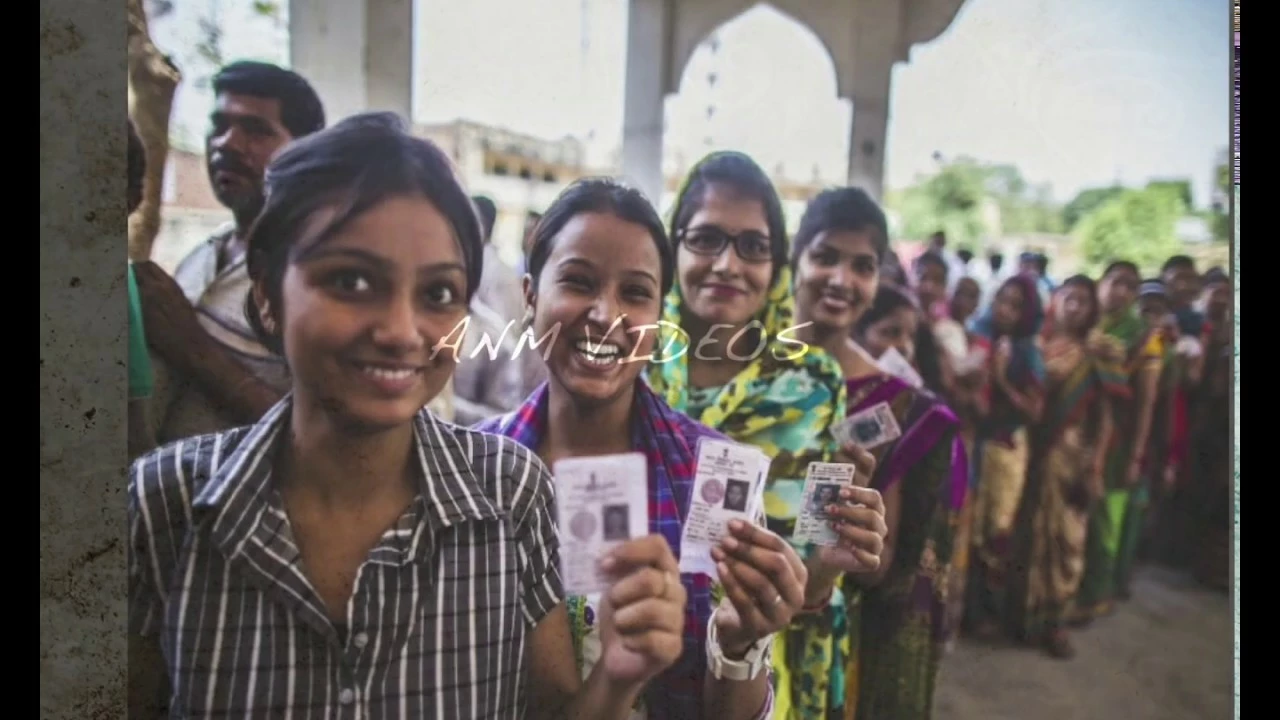Indian Nationality: Basics, Eligibility, and What It Means
Indian nationality is more than just a legal status – it’s the link that connects you to the country’s history, culture, and services. Whether you were born here, have Indian parents, or plan to settle down, understanding the rules can save you a lot of hassle.
In simple terms, being an Indian national means you’re recognized by the government as a citizen. This gives you the right to live, work, and vote in India, plus access to public services like education and health care. At the same time, it comes with duties such as obeying laws, paying taxes, and serving the nation when called upon.
Who Can Claim Indian Nationality?
There are three main ways to become an Indian national. First, you’re automatically a citizen if you were born in India after January 26, 1950, and at least one of your parents was an Indian citizen at the time of your birth. Second, if you were born abroad to Indian parents, you can claim citizenship by descent, but you must apply for a passport within a year of turning 18.
Third, naturalisation is an option for long‑term residents. To qualify, you need to have lived in India for at least 12 years, be of good character, and intend to make India your permanent home. The government reviews each case individually, so gather your documents and be ready for a thorough check.
Benefits and Responsibilities
Once you have Indian nationality, you gain several practical benefits. You can open bank accounts, own property, and travel with an Indian passport that offers visa‑free entry to many countries. You also get voting rights in national and state elections, giving you a voice in shaping policies.
But the status also brings responsibilities. Paying income tax on worldwide earnings (if you’re a resident), serving on a jury when required, and respecting the Constitution are all part of the package. If you hold dual citizenship, remember India does not officially allow it – you may have to renounce the other nationality.
Applying for a passport is the most common next step after confirming your citizenship. The process is straightforward: fill out the online form, upload proof of identity and address, and submit biometric data at a local passport office. Most first‑time applicants receive their passport in about two weeks if everything is in order.
Finally, keep your documents up to date. A lost passport, a change of name, or a new address all require you to file the appropriate updates with the Ministry of Home Affairs. Staying on top of these tasks avoids delays the next time you need to travel or prove your citizenship.
Understanding Indian nationality helps you make informed decisions about your future. Whether you’re a student, a professional, or someone looking to settle, the rules are clear – know them, follow them, and enjoy the rights that come with being Indian.
India Unveiled: A Tapestry of Tradition, Trials, and Triumphs
In this blog post, I share my personal reflections on being born in India, a topic that has stirred mixed feelings within me. I discuss the challenges, such as inherited societal norms and economic disparities, but also the unique advantages, such as the rich cultural heritage and diversity. Despite the difficulties, I express my lack of regret, as these experiences have shaped my identity and perspective. I emphasize that one's birthplace doesn't determine one's life trajectory, it's what we make out of our circumstances that truly counts. Thus, being born in India is not a matter of regret for me, but a diverse journey that I continue to embrace.
